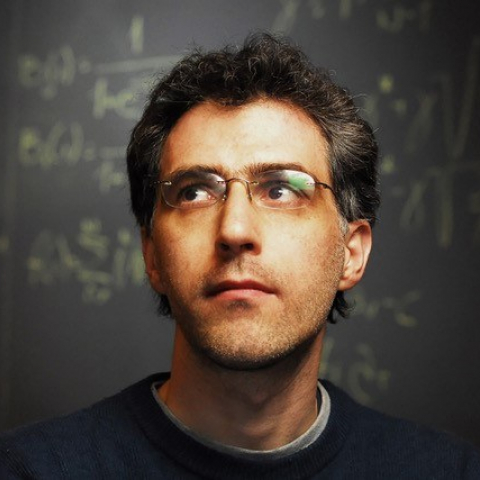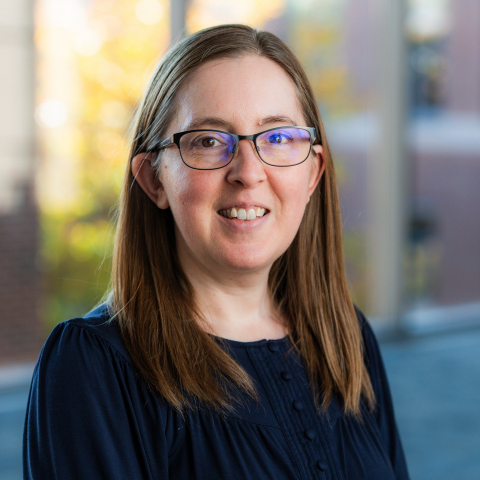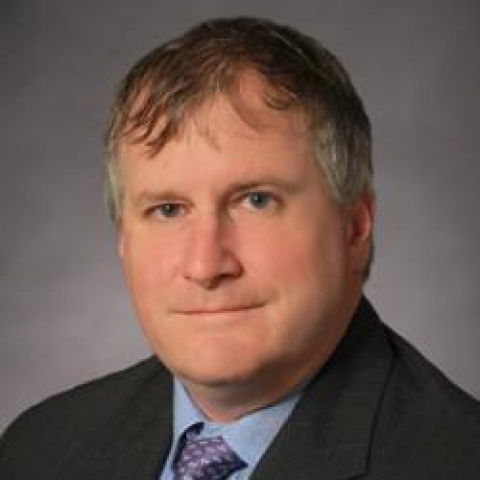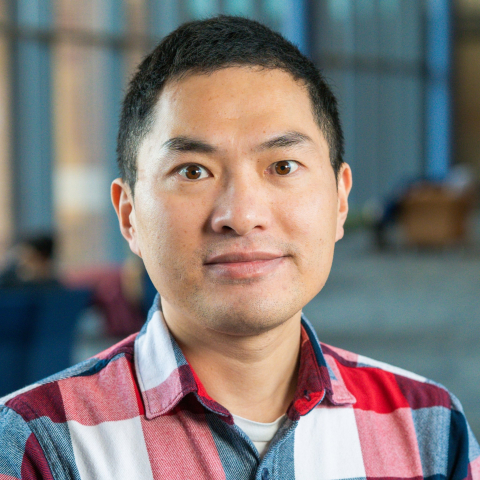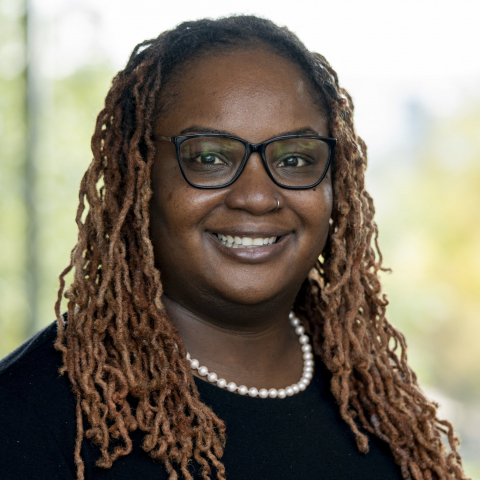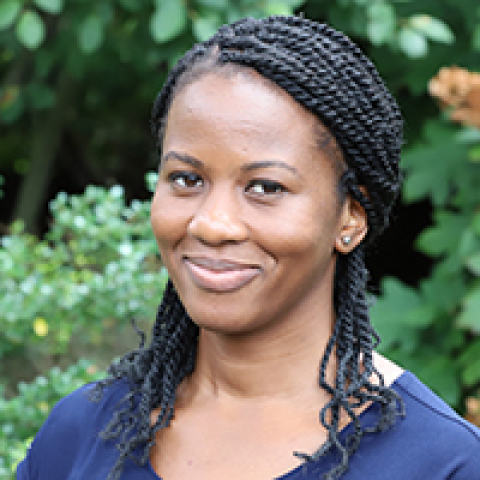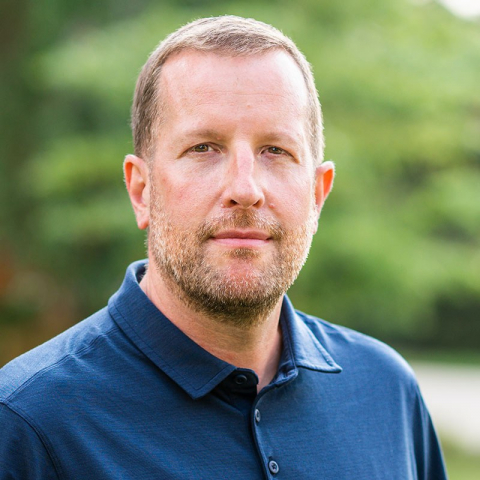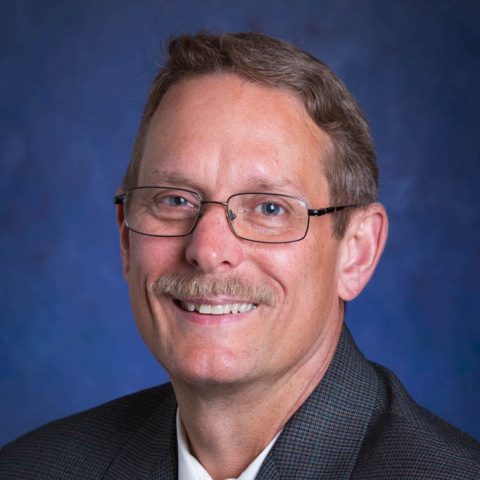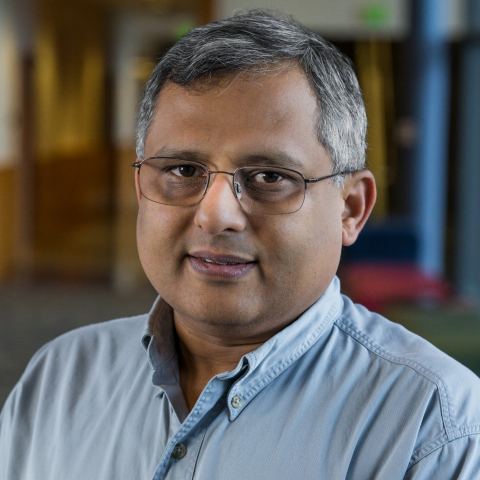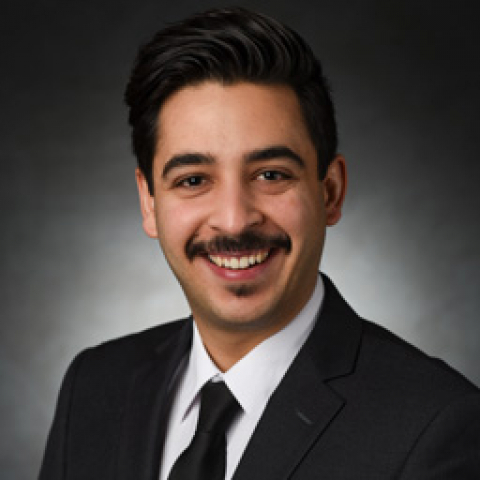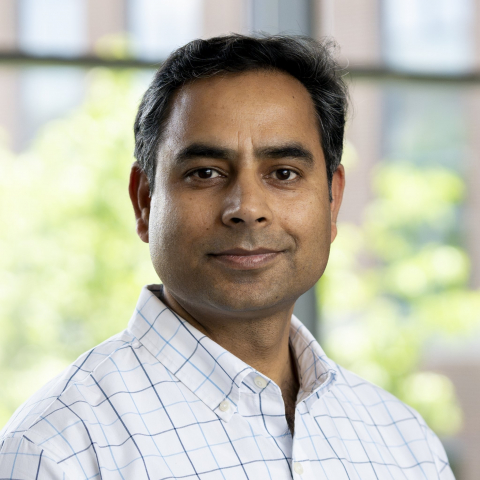People: Photosynthesis
Marco Archetti
Associate Professor of Biology
Evolutionary Genetics. Cancer dynamics. Defective interfering viruses. Evolutionary game theory.
Esther Gomez
Associate Professor of Chemical Engineering and Biomedical Engineering
How the interplay of chemical and mechanical signals acts to control cell behavior and function and the progression of disease.
Daniel Hayes
Director, Center of Excellence in Industrial Biotechnology; Huck Chair in Nanotherapeutics and Regenerative Medicine; Professor of Biomedical Engineering
Biomaterials engineering for applications ranging from regenerative medicine to lab-on-a-chip technologies. An emphasis on nanomaterials, macromolecules and composite structures. Ongoing efforts include development of optically and magnetically modulated drug delivery systems, quasi 3D cell sheet culture systems, cell encapsulation and delivery materials and hybrid in situ polymerizing grafts/augments.
Xiaojun (Lance) Lian
Associate Professor of Biomedical Engineering
Human Stem Cell Engineering; Genome Editing via CRISPR-Cas9; Epigenome Editing and Epigenetics.
Melanie McReynolds
Huck Early Career Chair in Biochemistry and Molecular Biology; Assistant Professor of Biochemistry and Molecular Biology
The biochemistry behind aging and its intersection with stress, with the long-term goal of identifying strategies that promote healthier aging.
Denise Okafor
Huck Early Career Chair in Biophysics, Assistant Professor of Biochemistry and Molecular Biology
Structural mechanisms of signaling and regulation in protein complexes.
Andrew Patterson
Professor and Huck Chair of Molecular Toxicology; Faculty Oversight, Metabolomics Core Facility
The Patterson lab is focused on understanding the host-metabolite-microbiome axis
Jeffrey Peters
Distinguished Professor of Molecular Toxicology and Carcinogenesis
Roles of peroxisome proliferator-activated receptors (PPARs) in the regulation of homeostasis, toxicology, and carcinogenesis.
Kumble Sandeep Prabhu
Professor of Immunology and Molecular Toxicology
Molecular mechanisms by which bioactives such as selenium, omega-3 fatty acids, and other products of natural origin alter the host response and immune function in inflammation and cancer
Amir Sheikhi
Huck Early Career Chair in Biomaterials and Regenerative Engineering ; Associate Professor of Chemical Engineering
Micro- and nanoengineered soft materials for medicine and the environment; microfluidic-enabled biomaterials for tissue engineering and regeneration; living materials; next-generation bioadhesives, tissue sealants, and hemostatic agents; hydrogels for minimally invasive medical technologies; self-healing and adaptable soft materials; smart coatings; hairy nanocelluloses as an emerging family of advanced materials.
Vishal Singh
Assistant Professor of Nutritional Physiology and Microbiome
